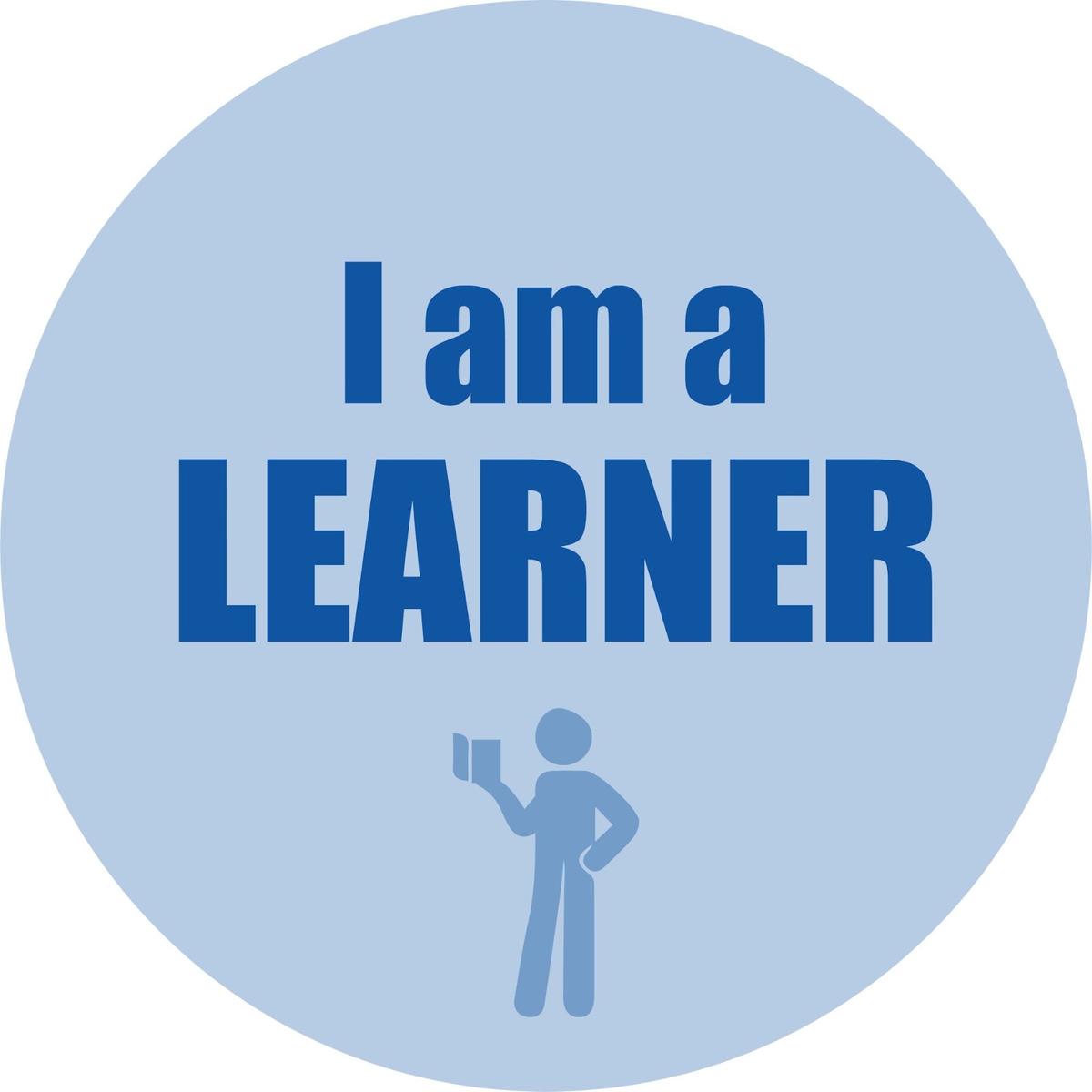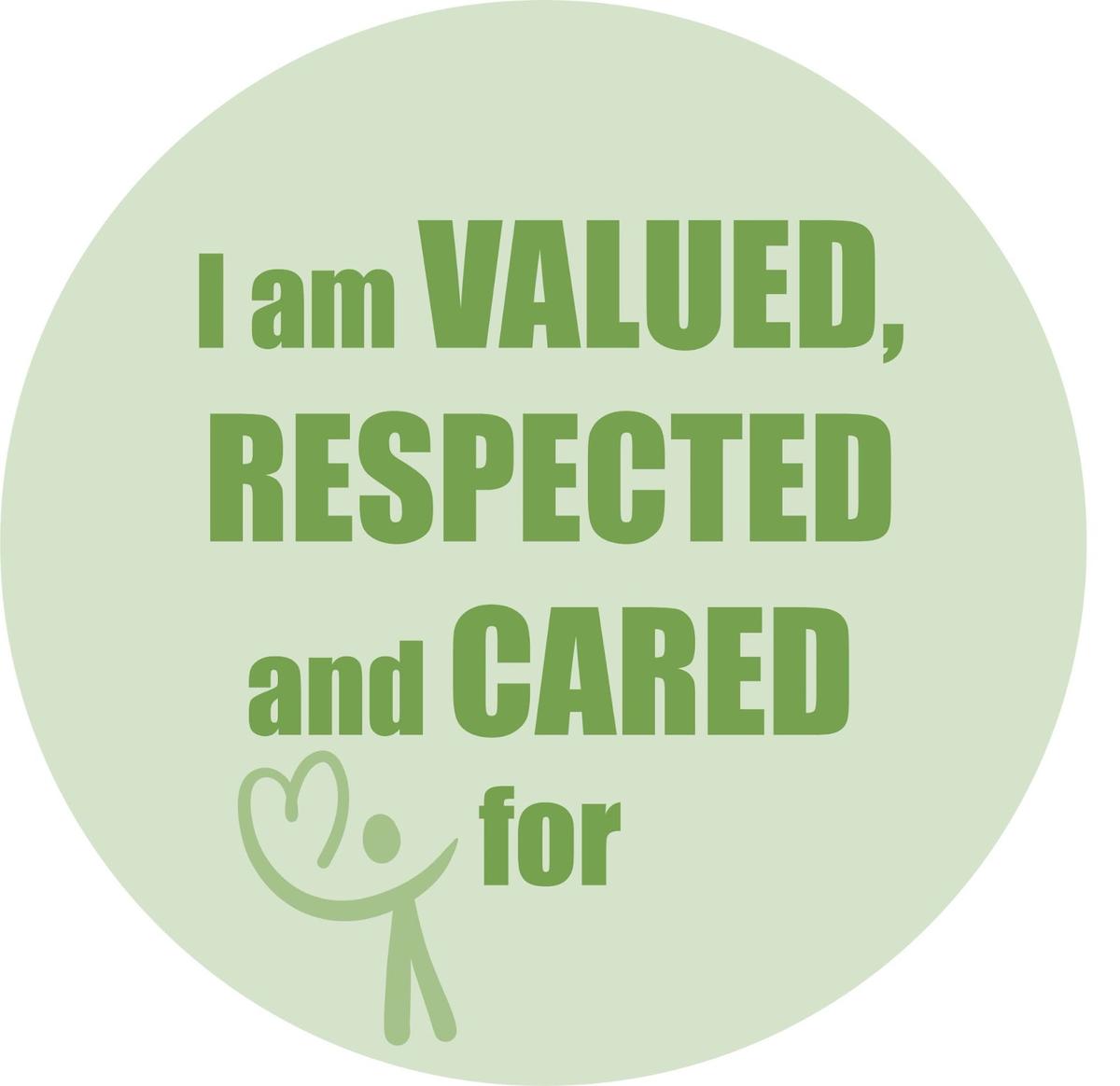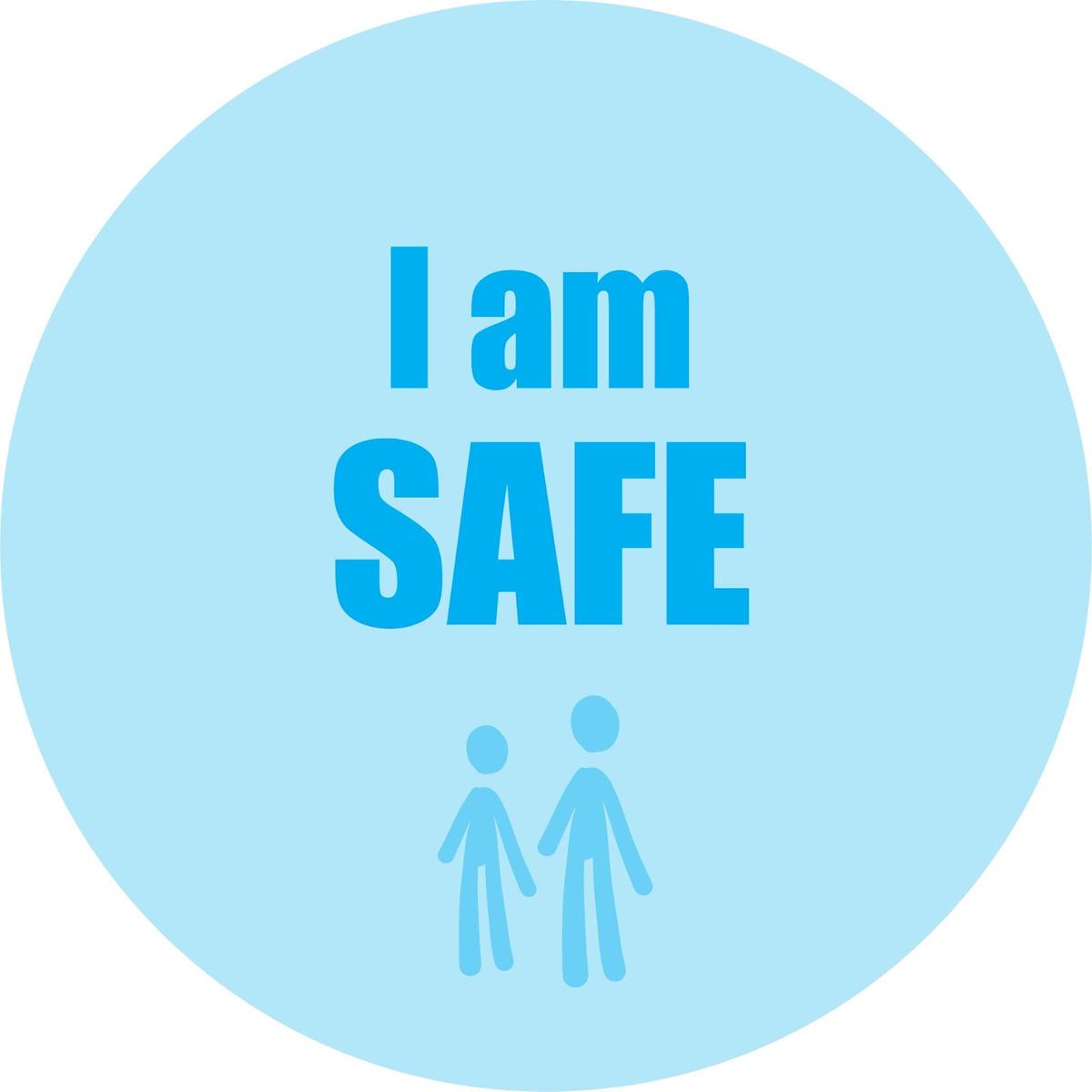Message from the
Director

Message from the
Director
There has recently been a call for the federal government to create the position of children’s minister to ensure that policies are focused on the wellbeing of primary school children. We are doing great work in our approach to student wellbeing which is of course supported by our research-based Living Well, Learning Well (LWLW) Student Support Framework.
At the Principals Meeting last week, principals were invited to reflect on where your school is at in the work to embed LWLW. We reflected on where we are up to in the classroom/s with regard to embedding LWLW. There is no doubt that LWLW presents a new way of thinking and it will take time for us to embed it into our practice so that it becomes our everyday way of thinking and working.
We considered Kotter’s 8 Step Process for Leading Change (2007) which states that step 2 is ‘build a guiding team’ and we should collaborate with our colleagues to help us embed the changes.


We considered some reflection questions based on the LWLW document:
Classrooms are the first site of recognition, participation and wellbeing (LWLW, p. 7). They should be welcoming, safe, calm and students should feel like they are part of a team. What would a colleague notice if they visited your classroom? Would they see, hear and feel evidence of your unconditional positive high regard for young people? Would they see, hear and feel evidence of student voice? Student-centred pedagogy? Inclusion to maximise access and opportunity for all students? Working in teams? Connection and participation? A multi-tiered system of support where students move into and out of the relevant tiers as required? Do you now promote an approach that aligns with contemporary views of schools as safe, productive and inclusive communities, and young people as deserving of respect and esteem (Armstrong, 2019 in LWLW)?
We know that the protective factors (LWLW, p. 5) associated with the school setting include:


Would your students say that they experience these protective factors in your classroom? Know the behaviours that help their learning and wellbeing and that of others? That they and other students get help to replace unproductive behaviours? That your classroom and school have ‘rules for living’? That the approach to supporting positive behaviour is the same in your classroom as it is in the classroom next door? Can students consistently answer the 5 Questions (Sharratt, Parameter 4) about their learning?
In short, is it clear that there is a transition taking place from a manage and discipline model to a genuine understanding of child and adolescent behaviour?We know that good teaching is good pastoral care and this results in a great classroom and school culture. And we know that culture trumps strategy every time (Drucker). We also know that ‘Catholic pastoral care is centred on a universal ethos of care and the work of a team of skilled, helpful adults is founded on evidence-based, high impact approaches to improving
conditions of learning, teaching, wellbeing and faith development for children and young people’ (LWLW, p. 3)
There is no doubt that this is challenging work; often the students who need us most are the most resistant to our help. No doubt this is because experience has taught them to be reluctant to trust yet another adult who may let them down. But we must never underestimate the power and importance of the changes that we can make in the way we interact with the young people and how teachers can change students’ lives for the better.
Last week I also shared with principals the very powerful story of Ben, from a book called ‘Resilience’ (Anne Deveson). Interestingly, resilience is often used in conjunction with the term ‘wellbeing’ and is associated with the individual attributes of optimism, social competence, sense of agency, problem-solving skills, effective coping style, pro-social values, a sense of purpose, and attachment to family, school and learning. (LWLW) Ben’s ‘story is about the courage of a sixteen-year-old homeless boy and a school which became his community and provided him with the chance to make something of his life’ (Deveson, 2003, p. 100). His social worker visited only once a week because of an over-crowded case load; when she came, she brought him chocolate biscuits and there was an obvious rapport between the two. But was this enough to keep the boy at school?


Ben grinned. He said he liked school—it was safe and he liked learning even if he wasn’t very good [at it]. He “had Fossy, see”—Mr Foster, a teacher who was cool with the kids and took an interest in him. “He’s nice to me,” he said in some wonderment. “Comes in early sometimes. Gives me a hand an’ that. Helps me with my work.”
I [the author] told Ben I thought he was terrific, and he looked down at the table and scratched at it with a knife. “I go to school cause it’s the only way I’ll get outa all that shit that happened an’ that at home. I wanna make somethin’ of my life. Dunno what. But somethin’ ”’(Deveson, 2003, pp. 100-101).
There are Bens in our schools. Young people come to us each day with school as the only consistently safe place in their life where they can experience any kind of safety and stability, and feel valued, respected and cared for by a team of skilled, helpful adults. We can achieve this because ‘the Catholic school sets out to be a school for the human person and of human persons, “the person of each individual human being, in his or her material and spiritual needs, is at the heart of Christ’s teaching: this is why the promotion of the human person is the goal of the Catholic school”. (Congregation for Catholic Education, 1998, para 9).
Thank you for all you do to support our students learning and wellbeing
Chris Smyth
REFERENCES
Deveson, Anne (2003) Resilience. Allen & Unwin, Crows Nest.
Living Well, Learning Well: A Student Support Framework for the Diocese of Armidale, 2020.